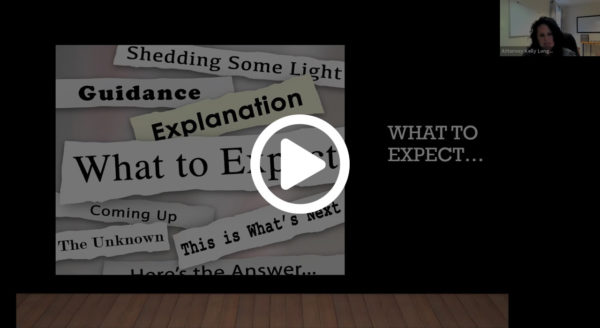About two out of three Americans will die without a will. This is known as dying intestate.
While the reasons for not having a will vary, the end result is the same for everyone: they do not get to choose who receives their property when they die. Instead, their money and property are distributed according to the laws of their state in a process called intestate succession.
This is not necessarily a bad thing. In most states, a person’s spouse, children, parents, and siblings are given priority in the line of succession. But even if someone is fine with their next of kin receiving all of their money and property, a beneficiary can still be required to go through a long and costly court process when there is no will.
State law can only assume how the typical person would dispose of their estate. When a state’s default intestacy laws do not align with the actual preferences of the decedent about who should get what, this can lead to a number of issues.
Some problems
- Loved ones are unable to make specific funeral arrangements.
- The probate court chooses a personal representative to manage the estate, who may not be somebody the decedent would choose for this role
- The court decides who raises minor children.
- Small business owners can lose control of what happens to the business when they die.
- Property that the decedent intended to keep in the family could be sold.
- The probate process can be lengthy and delay how soon loved ones receive money and property.
- Probate costs can drain money and property that otherwise would have gone to heirs.
- Arguments can break out between heirs about what the decedent would have wanted.
- Digital assets like social media accounts and fintech accounts could be left in limbo.
- There are no instructions for end-of-life care or incapacity.
Do not leave your legacy up to the state.
There is much about death we cannot control. We do not know when, where, or how we will meet our end. But we can control our legacy and make our final wishes known through an estate plan.
There are many reasons for not making an estate plan. You may think you are too young, do not have enough money and property, or cannot afford estate planning. But a better question might be, Can you afford not to have a plan? A basic estate plan can fit your budget and allow you to rest easy knowing your money and property will end up where you want them to go.
Do not leave your legacy up to the state. Create an estate plan while you still can and make your wishes known.

